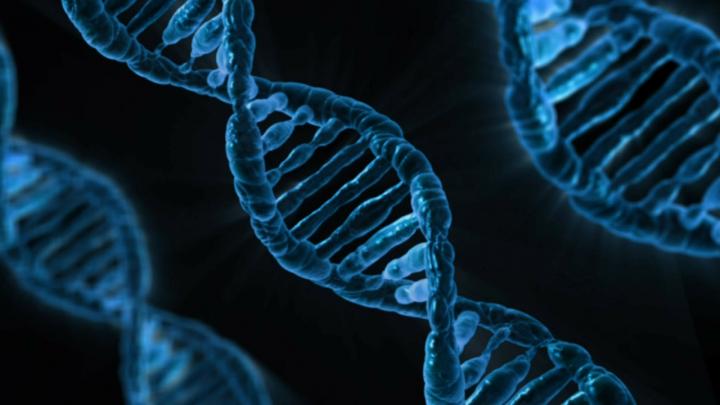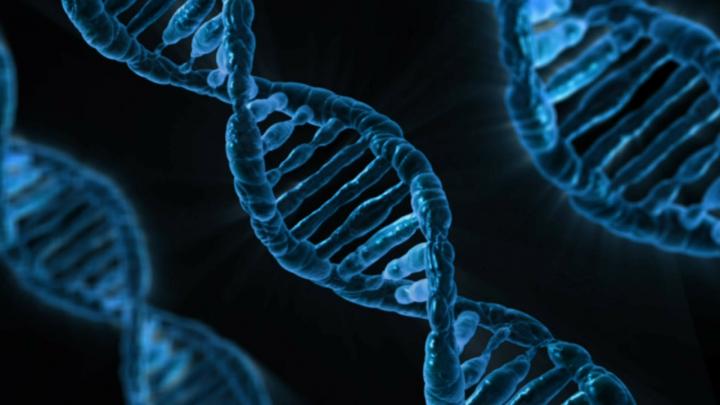
Credit: Public domain
A UMD researcher has uncovered new mechanisms that dictate the development of germline stem cells or germ cells, the only cell type capable of passing genetic information on to the next generation. Stem cell research is on the foreground of new knowledge for fighting disease, and mechanisms in this study were found to be associated with genes responsible for cancers and viral infections among other major health issues. Markers used to identify male germ cells were also discovered, exploring how environmental factors or epigenetics affect these cells and providing significant insight into treatments for male infertility. These findings not only unlock future animal and human health research in these areas, but also set the stage for chickens as a more prominent model organism for stem cell research.
Stem cell research has applications for treating cancer, heart disease, neurological disorders like Alzheimer's disease, diabetes, and even injuries. These cells can replicate and replace damaged tissue, so understanding their development is important to the future of this work. Epigenetic factors, or environmental factors that affect the way genes are expressed, can also play a large role in cell and tissue development, and no studies have previously looked at the mechanisms at play in germline stem cell development and how epigenetics play a role.
"From genome to phenome as it is called is a very complicated process for different gene networks to create the trait you see in an animal or human. The activity of key genes is the same or similar in common cell types, but the activity of other genes may differ completely among species, especially for the roles of stem cells," explains Dr. Jiuzhou Song, Professor in the Department of Animal and Avian Sciences, College of Agriculture and Natural Resources. "Looking at these mechanisms helps to decode genes, understand complex traits, and develop future treatment plans to better understand animal and human health."
That was the focus of this study, examining germ cells to clarify mechanisms that factor into germ cell development and gene expression. Specific processes were discovered for individual genes with associations to cancers and viral infections, and markers used to identify and track genes were discovered in male cells with implications for infertility treatments. These epigenetic markers are unique to chickens, which is an up and coming animal model that is in many ways ideal for the study of epigenetics, stem cells, and developmental research.
"Most people still think of mice when they think of animal models that support animal and human health research. But regulatory elements are quite similar between the chicken and human genome. In fact, the genetic similarity between a human and a chicken is about 60%. The development of chickens is rapid, easy to see, and easy to manipulate, making them very unique compared to other animal models. They are ideal for developmental and stem cell research because you can easily observe egg growth and the development process in real time," says Song.
Dr. Song is not only devoted to this work with animal genetics and connections to human health in mind, but is also thinking about the broiler chicken industry and overall animal welfare. "This work provides a deeper understanding of developmental mechanisms in chickens that lead to healthier chickens and humans," says Song. "The applications and need for epigenetic stem cell research is great, and chickens are a great model for this work."
Dr. Song's paper is published in Stem Cell Reports and can be found here: https://www.cell.com/stem-cell-reports/pdf/S2213-6711(18)30145-0.pdf.
###
Media Contact
Samantha Watters
[email protected]
301-405-2434
@UMDRightNow
http://www.umdrightnow.umd.edu/
Original Source
http://agnr.umd.edu/news/umd-researcher-discovers-mechanisms-and-epigenetic-markers-implications-diseases-ranging http://dx.doi.org/10.1016/j.stemcr.2018.03.018





